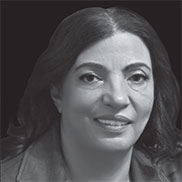

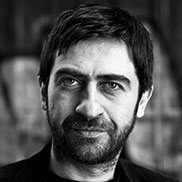
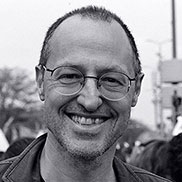
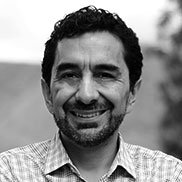
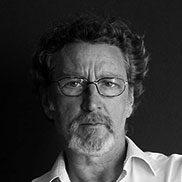
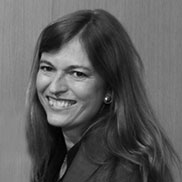
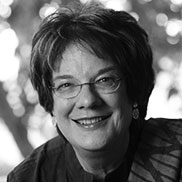

She was born in Ankara in 1976. She graduated from the Department of International Relations at Westminster University, London. She completed her master's degree in London School of Economics. When she was in Zurich to study art at the University of Geneva, due to an accident she had while she was trying to help her friend in wheelchair to get on train, she lost her left arm and leg. She worked as a translator, independent journalist and documentary filmmaker.
In 2003, Pavey worked for the United Nations High Commissioner for Refugees. Between 2003 and 2010 she worked on humanitarian missions in countries such as Algeria, Egypt, Iran, Iraq, Lebanon, Syria, Yemen, Hungary. Between 2010 and 2011 she worked as the Secretary to the CRPD Secretariat at the Office of the UN High Commissioner for Human Rights. Between 2011 and 2017, she served as a deputy in the Republican People's Party. She is the first disabled woman ever elected to the parliament of Turkey and she is a member of the United Nations Committee on the Rights of Persons with Disabilities.
She currently carries out global actvities and reconciliation between parliamentary diplomacy, local governments, and faith and opinion leaders.
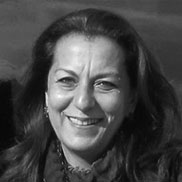

Rakel Dink became involved in human rights activism following the tragic assassination of her husband, the prominent Turkish-Armenian journalist and founder of Agos newspaper, Hrant Dink.
Born to an Armenian family in Silopi, southeastern Turkey, Rakel moved to Istanbul with tens of kids from Anatolia in order to receive education in Armenian Schools. She met with Hrant Dink at Camp Armen, where Armenian children orphans or those away from their families would spend their summers. Rakel and Hrant got married and became managers at Camp Armen in the following years until the property was seized by the state.
Following the death of Hrant Dink in January 2007, Rakel devoted her life to preserving her husband’s legacy. She established the Hrant Dink Foundation in 2007, with a mission to protect and uphold human rights in Turkey, preserve the identity and culture of minorities, address polarization, and normalize Turkish-Armenian relations. Rakel continues to be an optimist and maintains that despite the various challenges that she was forced to overcome throughout her life, she has been surrounded by love and kindness. She is hopeful for the future of Turkey and finds joy in her work and her family.
.
